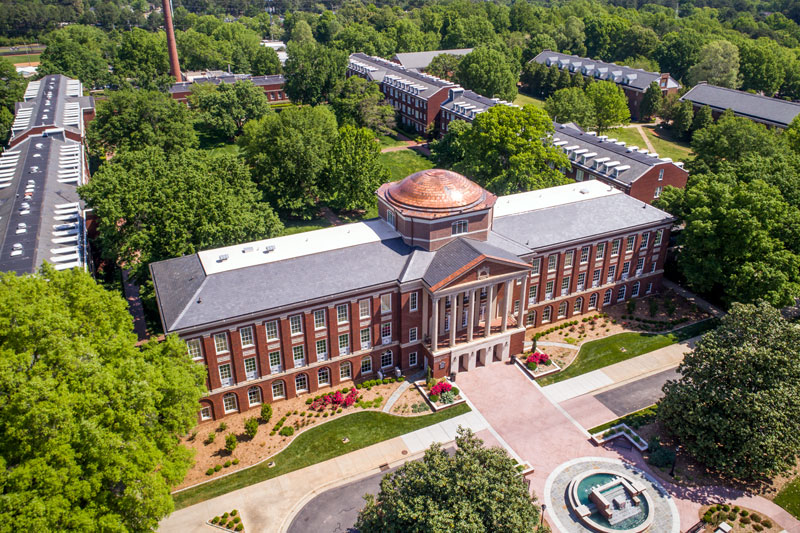Today was an interesting meeting, as I met with J. Dana Trent, a professor at Wake Tech who is both an academic and an ordained minister. She weaves her knowledge of religious studies into a narrative of her own personal experiences in an inter-faith marriage in her book, Saffron Cross. Prof. Trent was such an engaging speaker and listener, bearing the curiosity and impressive knowledge of the professors I’ve talked to, as well as a personal interest in my own experiences with faith and a magnetic, vaguely religious way of speaking which harkened back to religious figures in my own life. She gave me a few very interesting articles to read before our meeting, and I particularly enjoyed talking to her about one of them, focused on the decline of Christian-affiliated citizens in the United States. We talked about how although Christianity seems to be on the decline, the fervor and publicity-garnering of Christian southern fundamentalists is on the rise, an interesting reflection of still-dominant American cultural attitudes.

Professor Trent




